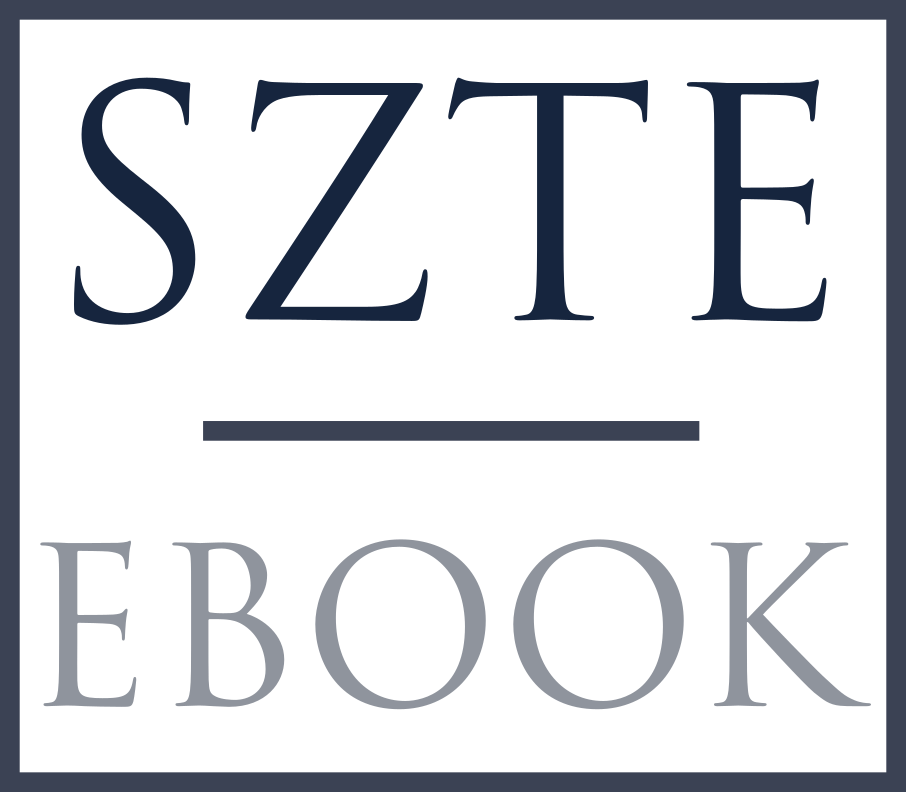Funeral Oration for the Death of a Louse: The Renaissance Paradox
Synopsis
In the Italian literature of the 16th century, which was characterized by the predominance of Petrarchist poetry, epics, and treatises on moral philosophy, the most characteristic trait of Ortensio Lando's literary activity was an ironic approach to the fundamental questions of humanist thought through the device of the paradox. The rhetorical figure of the paradox, which has become a literary genre largely owing to his Paradossi (1543), also remains a criterion for reasoning in his book entitled Sermoni funebri de vari authori nella morte di diversi animali (Funeral Sermons of Various Authors upon the Death of Different Animals), published in 1548. In addition to dealing with the lower-level animals of the fauna, the eleven funeral eulogies included in this work serve as the demystification of the rhetorical formula of the sermo itself. The present study, which analyzes the paradoxical mourning of the louse, presents the distinctive occurrence of zoomorphic symbolism in the framework of a (seemingly) paradoxical moral investigation.
Keywords: Ortensio Lando, Sermoni funebri, paradox, zoomorphic symbolism


